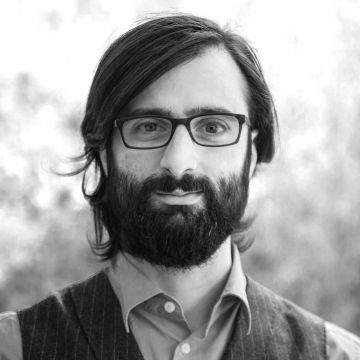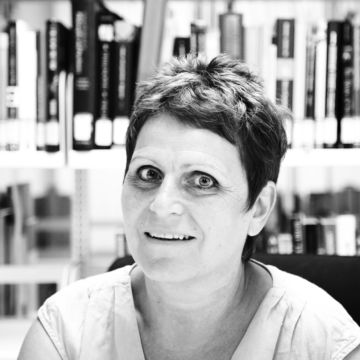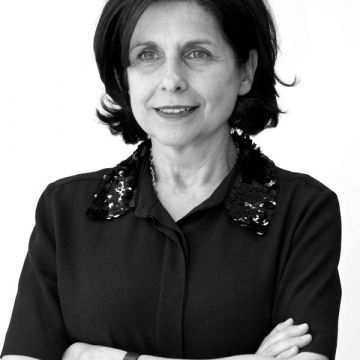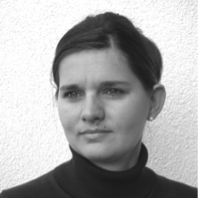It was clear from the beginning that the COVID-19 pandemic would not be solely a medical issue, and that its impact would affect many other aspects of people’s lives: the way we work, our social relationships, our concept of safety and solidarity.
How have our lives changed? How have our societies responded to this unprecedented event? Have these responses been appropriate and effective? Is there room for improvement?
DIPEx was born from a simple yet complex idea: distilling the knowledge of communities to put it to service – for the same communities. That’s why at the beginning of the pandemic we immediately started a dedicated line of research. The module on COVID-19 results from the effort of an international research group with 8 participating countries and over 30 researchers.
In light of DIPEx’s commitment, this research project aims to clarify what we can understand from the experiences of COVID-19 survivors from the countries participating in this study.
This research project focuses on action-oriented research, understood as a participatory process that combines practical knowledge and theoretical reflection, in the pursuit of solutions to issues of pressing concern to individuals and communities.
This research project aims to provide information and support to patients, families, caregivers, friends, and caregivers about the COVID-19 experience, and consequently to understand how response strategies (understood at both the clinical and societal levels) to the current public health crisis and future significant public health threats can be reshaped and improved.




